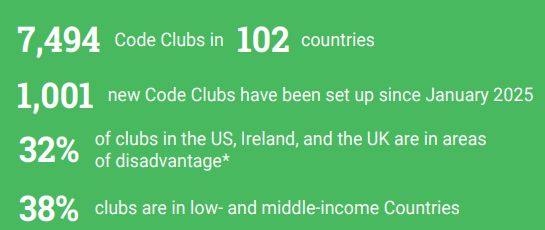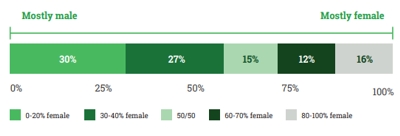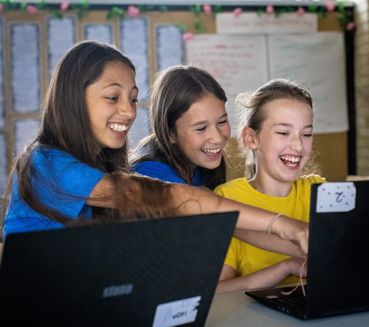| The Impact Of Code Club |
| Written by Sue Gee | |||
| Wednesday, 25 June 2025 | |||
|
In the era of AI, the Raspberry Pi Foundation takes the view that learning how to create with technology has never been more important. Last year it revamped its Code Club network of free coding clubs with the aim of reaching 10 million young people over the next decade. The 2025 edition of the Raspberry Pi Foundation Code Club annual survey was conducted with the aim of gauging the impact and reach of the revamped Code Club network, but before looking at its results, some background is in order.
Code Club was founded in the UK in 2012 and by 2024 had grown to be a global movement that had already inspired more than 2 million young people to learn how to build their own apps, games, animations, websites, and so much more. Alongside Code Club, the Foundation supported CoderDojo, a network of coding clubs that originated in Cork, Ireland in 2011 and merged with the Raspberry Pi Foundation in 2017. There were also partnerships with organisations around the world. The changes made in September 2024 were intended to make Code Club a more flexible model that could be adapted to reflect local context and culture to make Code Club as meaningful as possible for young people in different communities. The announcement of the "new Code Club" included the statement: "We know that Code Club works. Independent evaluations have demonstrated that attending a Code Club helps young people develop their programming skills as well as wider life skills like confidence, resilience, and skills in problem-solving and communication." It also claimed: "we know that Code Clubs inspire young people from all backgrounds, including girls and young people from communities that are underrepresented in the technology sector. " The 2025 Code Club annual survey report provides some quantitative information regarding this claim, gathered from 1,689 clubs and 775 mentors together with feedback from partners through short polls and direct contact: Other keypoints are that girls represent 43% of code club attendees, called "creators" and that 28% of Code Clubs have mostly female attendees. A quote from one creator in the UK is: “Women aren’t usually thought of as being able to do things like coding. It’s fun to do it and nice when you can do something and prove people wrong.” While quote from a volunteer is: "Girls who didn't think it was for them now have confidence." The report reveals that 96% of the volunteers running Code Club agree with the statement: As a result of attending your club, young people have improved their skills in computing and digital making and 97% agree with: As a result of attending your club, young people have more confidence with technology As well as improved confidence and competence in digital literacy, mentors also refer to improved socialization and soft skills. Another aspect of Code Club is fun with a mentor from the Netherlands contributing the quote: "One of our core principles is that coding should be fun… we give them creative ways to expand on the task. They learn to push themselves a bit beyond a task, and look for more things." Other evidence of the impact of Code Club comes from an independent evaluation of Code Clubs in the UK conducted in 2024 by Durham University Evidence Centre for Education. It concluded that attendees:
With a thousand new Code Clubs having opened since January 2025, the Raspberry Pi Foundation seems to be on course to meeting its goal of reaching 10 million young people over the next decade.
More InformationRaspberry Pi Foundation 2025 Code Club annual survey report Related Articles
To be informed about new articles on I Programmer, sign up for our weekly newsletter, subscribe to the RSS feed and follow us on Facebook or Linkedin.
Comments
or email your comment to: comments@i-programmer.info |
|||
| Last Updated ( Wednesday, 25 June 2025 ) |






